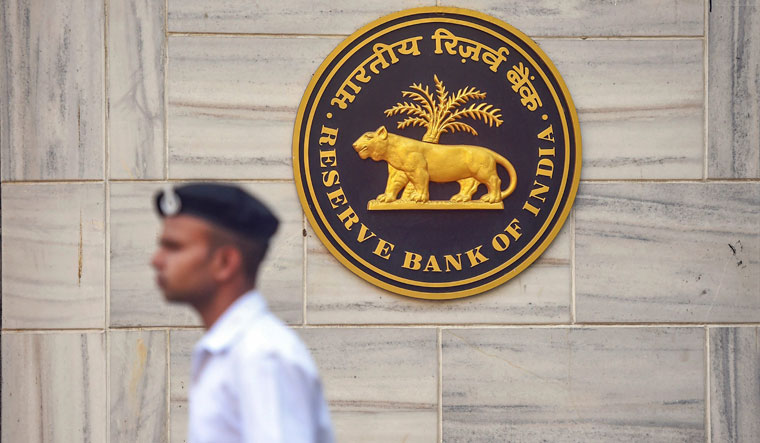Since the government banned high value currency notes in November 2016, the number of financial transactions being done digitally have risen sharply. However, issues like failed transactions are common.
To address these issues, the Reserve Bank of India plans to put in place a dedicated ombudsman scheme for digital transactions.
Following demonetisation, many people now do financial transactions digitally, through options like internet banking, credit and debit cards, mobile wallets and UPI (unified payments interface). According to data released by the ministry of electronics and information technology recently, from October 2016, the number of digital payment transactions in India had surged three-fold to touch 2.45 billion as of August 2018.
With the digital transactions gaining traction in the country, the central bank feels there is an emerging need for a dedicated, cost-free and expeditious grievance redressal mechanism for strengthening consumer confidence in this channel.
“The Reserve Bank's endeavor to build a less-cash society has facilitated a significant rise in volumes, value and channels for conducting digital transactions. For promoting the level of trust and customer confidence in this powerful channel that has wide and deep reach, a dedicated and empowered grievance redressal mechanism is a prerequisite,” said Mahesh Kumar Jain, deputy governor of RBI.
The ombudsman scheme for digital transactions to be notified by the end of January 2019, will provide a cost-free and expeditious avenue for rising number and growing complexity of such complaints, added Jain.
The scheme will be administered and funded by the Reserve Bank and will cover entities falling under its regulatory jurisdiction, which not only includes banks, but even firms providing related services.
The Payments Council of India (PCI) has welcomed RBI's move to set up a dedicated ombudsman for digital transactions. Vishwas Patel, the chairman of PCI said that due to a rapid adoption of digital payments across the country, the number of complaints too had shot up and a dedicated grievance redressal mechanism was needed for promoting level of trust and customer confidence.
“India has the highest number of payment options in the world. A RBI monitored system to handle the customer complaints that is not addressed by the payment service provider, the escalation matrix and turnaround time for complaint resolution will certainly go a long way in boosting consumer confidence in digital transactions,” said Patel.
Separately, the RBI has issued instructions on limiting customer liability with respect to unauthorised electronic transactions involving banks and credit card issuing non-banking financial companies (NBFCs). As a measure of customer protection, it will bring all customers up to the same level with regards to electronic transactions made by them and extend the benefit of limiting customer liability for unauthorised electronic transactions involving prepaid payment instruments (PPIs) issued by other entities not covered by the existing guidelines.
The guidelines for the same are to be issued by end of the month, RBI said.



